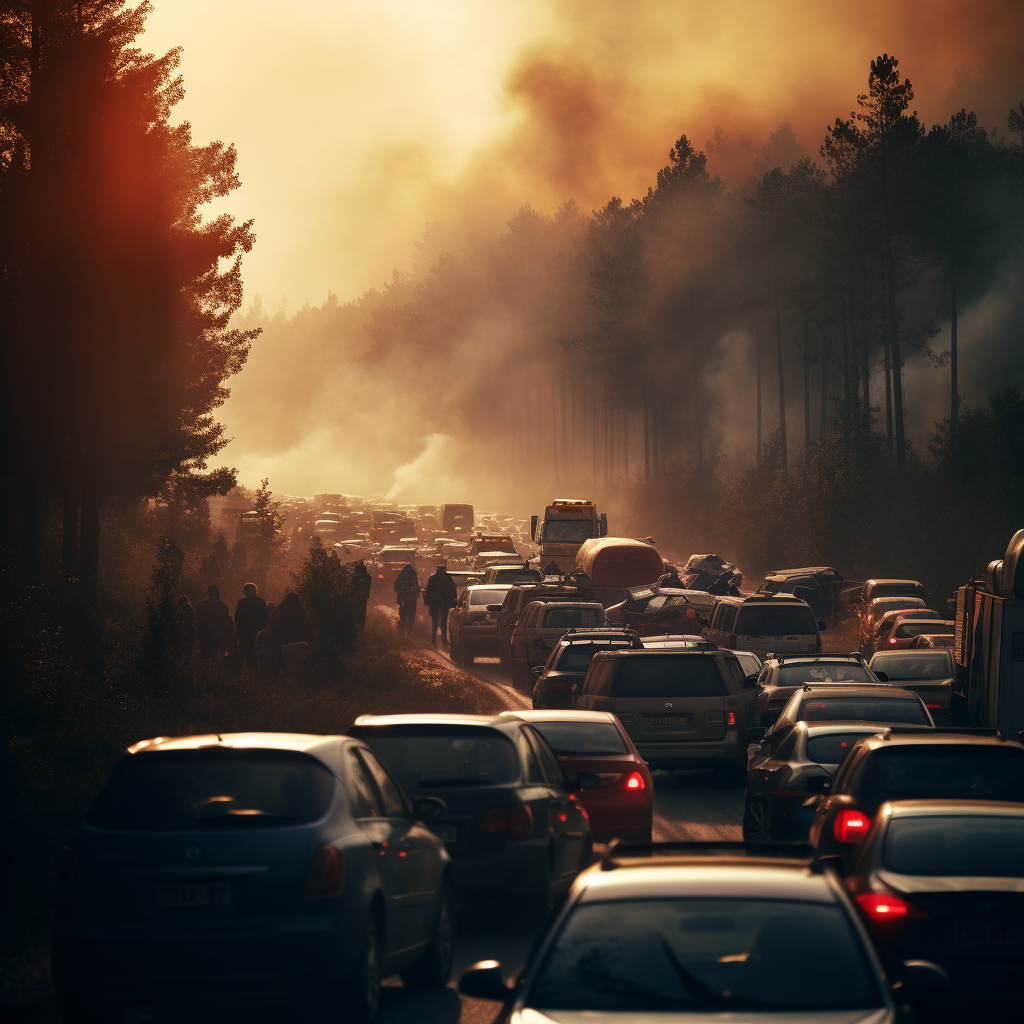Uncategorized
The Critical Case for Portable Satellite Systems in the Face of Wildfires
In recent times, our global community has watched in heartbreak as wildfires ravaged various parts of the world, leaving behind a trail of devastation, displacement, and loss. Beyond the immediate threats of the fire itself, many of those affected face secondary challenges, including the loss of local power and internet, further exacerbating their vulnerable situations. In such dire circumstances, having a lifeline of communication becomes paramount. This brings us to the compelling case for portable satellite systems.
Reliable Communication When It Matters Most
When traditional communication networks are compromised, satellite systems emerge as the one reliable medium. During emergencies like wildfires, when local infrastructures are often the first to falter, satellite connectivity remains steadfast, allowing affected individuals to:
- Stay informed about the situation and receive real-time updates.
- Reach out to rescue services or medical aid.
- Communicate with loved ones, ensuring them of their safety or whereabouts.
Independence from Local Power Sources
Portable satellite systems often come equipped with their own power sources, such as solar panels or long-lasting batteries. This independence ensures that even when the local power grid is down, communication channels remain open.
Mobility and Flexibility
In the face of rapidly advancing wildfires, mobility becomes a significant advantage. Portable satellite systems can be easily packed and transported, ensuring that individuals on the move can maintain their lines of communication no matter where they find sanctuary.
Bridging the Information Gap
Beyond personal communication, satellite systems can play a pivotal role in bridging the information gap. They allow:
- Local authorities to coordinate more effectively.
- Rescue services to deploy resources where they are most needed.
- Individuals to access news, providing a broader understanding of the situation.
A Tool of Empowerment
In emergency situations, information and communication are not just tools; they’re forms of empowerment. Knowing the progression of a wildfire, being able to reach out for help, or merely informing a loved one that you’re safe can bring solace in the face of adversity.
Conclusion
While we hope never to face the destructive wrath of wildfires, preparedness remains our strongest defense. Investing in a portable satellite system is not merely about maintaining communication; it’s about ensuring safety, staying informed, and providing a semblance of control in situations that otherwise feel overwhelming. For those living in wildfire-prone areas or those who simply value the security of reliable communication, a portable satellite system is an invaluable asset, one that could make all the difference when disaster strikes.
Our thoughts remain with those affected by the wildfires, and we continue to champion the tools and resources that can make their journeys a little safer and more bearable.

